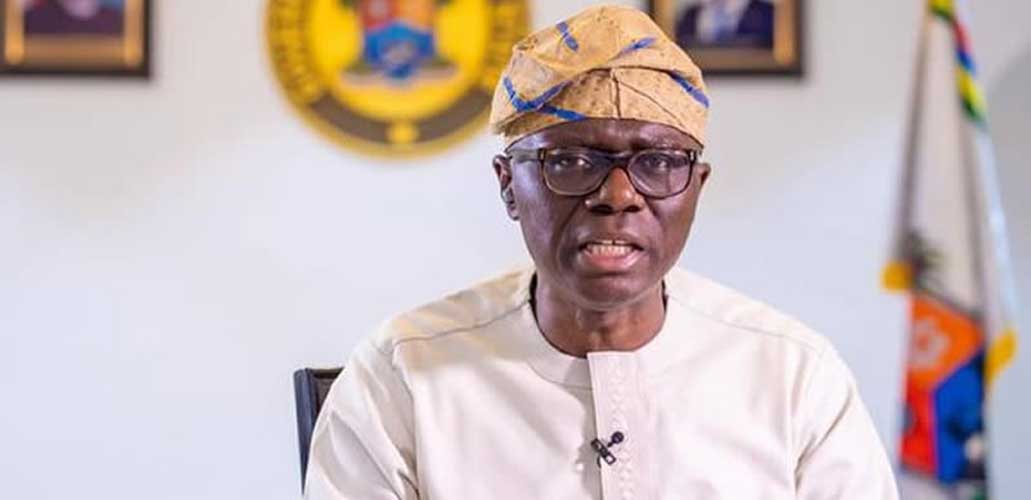JUDICIARY: What Has Changed Under Tinubu?

Two years into President Bola Ahmed Tinubu’s administration, the Nigerian judiciary has undergone some notable changes. His administration has tripled judicial salaries for the first time in 16 years and recovered about $110m in foreign assets, while the Supreme Court delivered a landmark ruling giving local governments direct access to federal allocations.
The Judicial Office Holders’ Salaries and Allowances Bill, signed on August 13, 2024, increased the Chief Justice of Nigeria’s annual salary to N64m, with proportional increases across all judiciary levels. The Nigerian Bar Association backed the move as necessary for judicial independence after lawyers argued that poor pay exposed judges to corruption.
On July 11, 2024, the Supreme Court ordered direct payment of Federation Account allocations to local governments, which ended state governors’ control of LG funds through joint accounts.
Justice Emmanuel Agim ruled that only democratically elected councils could receive federal allocations and declared the use of caretaker committees unconstitutional.
The Attorney General of the Federation, Prince Lateef Fagbemi, had initiated the case on behalf of the Federal Government.
Fagbemi’s tenure has so far been marked by a strong commitment to legal reform, transparency, and harmonisation of justice delivery systems across federal and state jurisdictions.
The judgment on LG autonomy has empowered local governments to foster development at the grassroots and is widely seen as a necessary restructuring to enhance grassroots development and transparency.
Though met with resistance from some state governments, the ruling is viewed as a turning point in the effort to strengthen local governance and increase transparency at the grassroots level.
Also witnessed in the last two years is increased scrutiny of judicial officers by the National Judicial Council (NJC).
At its 107th meeting on November 15, 2024, the NJC recommended the compulsory retirement of Justice T.E. Chukwuemeka Chikeka, Chief Judge of Imo State, and Kadi Babagana Mahdi, Grand Kadi of Yobe State, for age falsification. Justice Chikeka, who was found to have declared conflicting birth dates, was also directed to refund all salaries earned after his proper retirement date.
On April 30, 2025, the NJC suspended Justice Jane Inyang of the Court of Appeal (formerly of the Federal High Court) for one year without pay for granting ex parte orders that enabled asset transfers during active litigation.
Justice Inyang Ekwo of the Federal High Court, Abuja, was also suspended for a year and placed on a five-year watchlist for delivering a ruling without hearing from all parties—a violation of fair hearing principles.
Similarly, Justice Aminu Baffa Aliyu of the Federal High Court, Zamfara Division, was suspended for one year and placed on a three-year watchlist for obstructing investigations into state officials.
The disciplinary actions are seen as reflective of a firmer stance from both the NJC and the Federal Government on judicial accountability.
Criminal Justice Reform
The Tinubu administration has accelerated the nationwide rollout of the Administration of Criminal Justice Act (ACJA), 2015. The Federal Ministry of Justice has worked to ensure that all 36 states adopt their own versions of the law.
Between 2023 and 2024, more than 1,600 stakeholders in 12 states, including Kano, Oyo, and Akwa Ibom, were trained on key sections of the ACJA that address police transparency, humane detention, and judicial oversight of holding facilities.
In a move aimed at standardisation, the government introduced National Minimum Standards (NMS) to ensure uniform implementation of the law nationwide in response to calls by criminal justice advocates for clearer enforcement benchmarks.
Also, on April 25, 2024, the Federal Government adopted a new National Policy on Justice (2024–2028). The policy outlines 11 objectives and 20 thematic focus areas, including access to justice, child protection, judicial independence, and the integration of restorative justice and ICT tools.
Building on the 2017–2023 framework, the policy was endorsed at the National Summit on Justice by a cross-section of stakeholders from the judiciary and civil society to state ministries of justice.
The new framework seeks to ensure that the justice system supports national security, economic growth, and human rights protection.
Asset Recovery
As part of efforts to modernise court systems, the Public and Private Development Centre (PPDC), in collaboration with government institutions, also relaunched the Court Administration and Case Management (CACM) system. With tools such as real-time transcription, e-filing, and digital case tracking, the initiative aims to digitise half of Nigeria’s courts within five years.
Since 2024, the Federal Government said it has recovered about $110m in foreign assets, $102m in cash and $8.9m in real estate.
Under Fagbemi, a National Database of Forfeited Assets was launched on May 27, 2025, to better manage and track recovered assets.
Among the most notable recoveries was the $52.88m repatriated by the United States in January 2025. The funds, reportedly linked to former petroleum minister Diezani Alison-Madueke, were earmarked for rural electrification and strengthening the justice sector.
Challenges
Despite these reforms, some challenges remain. Several state governments continue to delay implementation of the Supreme Court’s ruling on local government funding. Judicial delays and prison overcrowding also persist in many areas.
Also, there are growing calls for more investment in lower courts, improved legal aid coverage, and consistent enforcement of new accountability standards.
Stakeholders’ Assessment
In an interview with THE WHISTLER, Ahmed Raji, a Senior Advocate of Nigeria (SAN), observed that although the judiciary remains an imperfect institution, its resilience has been strengthened by recent reforms.
“The judiciary has been doing its best in the circumstances, notwithstanding the fact that there will always be room for improvement as in all human institutions,” he stated.
He highlighted the landmark upward review of judicial salaries and the appointment of a full complement of Supreme Court justices, reaching the constitutionally approved 21 for the first time in years, as notable.
“These are major developments,” Raji noted, adding that “We will soon begin to see the impact on the morale of the judges and the decongestion of the apex court.”
“By virtue of [these reforms], judicial independence has improved under President Tinubu.”
He urged the federal government to continue respecting court decisions to further build public confidence in the judiciary.
“[The government must] faithfully obey judgments and orders of the court and also avoid any action that will create any impression of interference with the judiciary,” Raji advised.
He called for sustainability in judicial welfare and timely appointments as essential for continued progress.
“Sustainability of welfare of judges and appointment of more judges whenever required should be a priority,” he said.
JUDICIARY: What Has Changed Under Tinubu? is first published on The Whistler Newspaper





